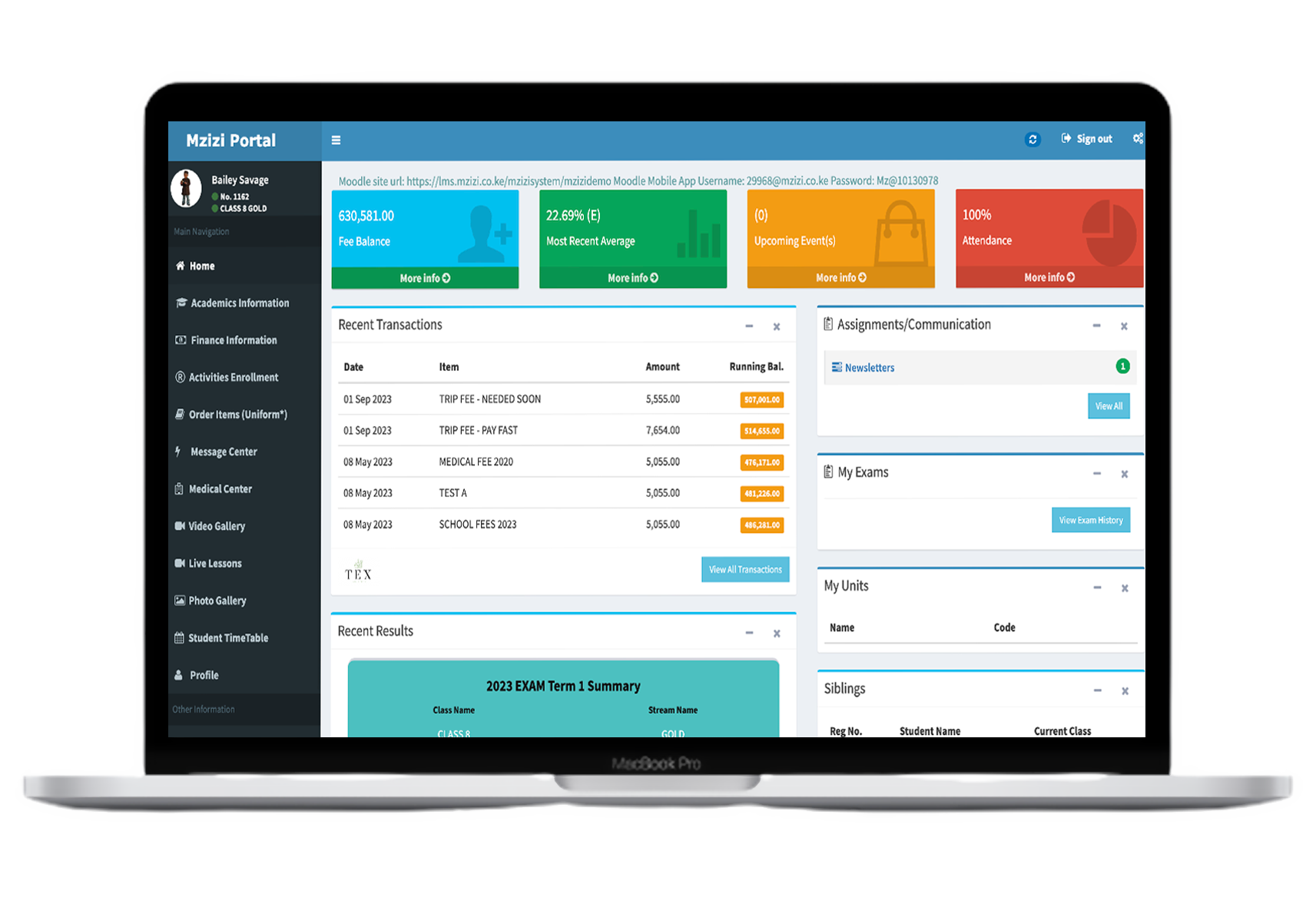

Choosing the Right School Management System for Your Needs
Revolutionizing School Management: A Guide to School ERP Systems
The digital revolution has transformed every sector, and education is no exception. Schools are embracing technology to streamline operations and enhance the learning experience. One powerful tool driving this change is the School Enterprise Resource Planning (ERP) system. This blog post will guide you through everything you need to know about School ERPs, including their importance, key features, and factors to consider when choosing one for your school.
What is a School ERP System?
A School ERP is a comprehensive software solution that integrates and manages all the administrative, academic, and operational aspects of a school. It acts as a central digital platform that automates daily tasks, from admissions and enrollment to exams and report cards. This reduces workload and frees up valuable time for teachers and administrators.
Why is a School ERP Important?
A School ERP system is more than just a passing trend; it's an essential tool for modern schools. Here's why:
- Increased Efficiency: Automating repetitive tasks like record-keeping and report generation allows staff to focus on core educational activities.
- Enhanced Accuracy: By reducing manual data entry, School ERPs minimize errors and ensure data consistency.
- Cost-Effectiveness: Digitizing processes and automating tasks can significantly reduce operational costs associated with paper-based systems.
- Improved Communication: School ERPs facilitate seamless communication between teachers, parents, and students, fostering a collaborative learning environment.
Key Features of a School ERP System
A robust School ERP offers a wide range of features to streamline school operations. Here are some of the core functionalities:
- Student Information System (SIS): Manage student data efficiently, including attendance records, grades, disciplinary actions, and more.
- Academic Management: Streamline academic processes like creating class schedules, assigning lessons, managing exams, and generating report cards.
- Financial Management: Handle all financial transactions, including fee collection, payroll processing, budgeting, and expense tracking.
- Communication Platform: Facilitate communication between teachers, students, and parents through features like email, SMS, and in-app notifications.
- Reporting and Analytics: Generate insightful reports and data visualizations to support informed decision-making and strategic planning.
Choosing the Right School ERP System: Key Considerations
Selecting the right School ERP is crucial for successful implementation. Here are some important factors to consider:
- User-friendliness: The system should be easy to learn and navigate for all stakeholders, including administrators, teachers, students, and parents.
- Customization: Ensure the School ERP can be adapted to your school's specific needs and workflows.
- Scalability: Choose a system that can grow with your school, accommodating an increasing number of users and data.
- Security: Given the sensitive nature of student data, robust security measures are essential to protect information.
- Cost: The cost of the School ERP should align with your budget while offering the necessary functionalities.
Conclusion
Join the Mzizi community today! Share your thoughts in the comments below, share this article with your network, or subscribe to our newsletter for more informative content. Let's work together to build a thriving community focused on knowledge and growth in education.

